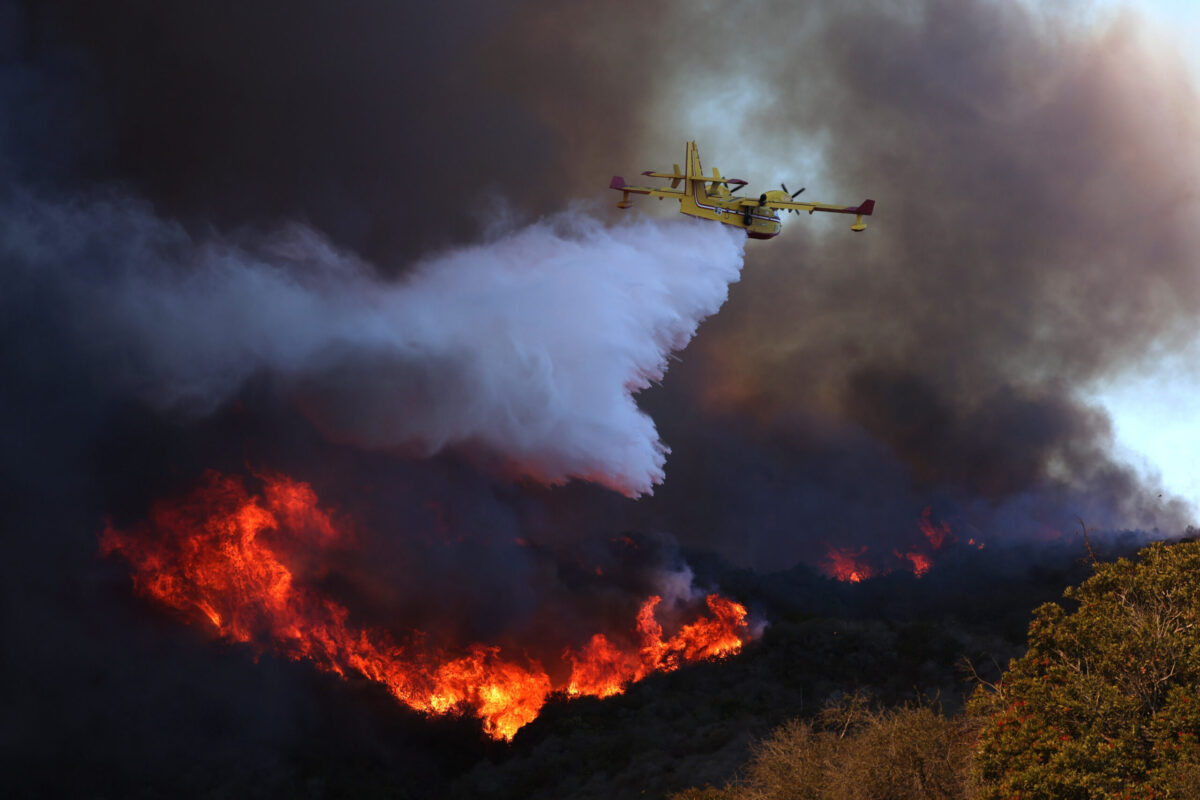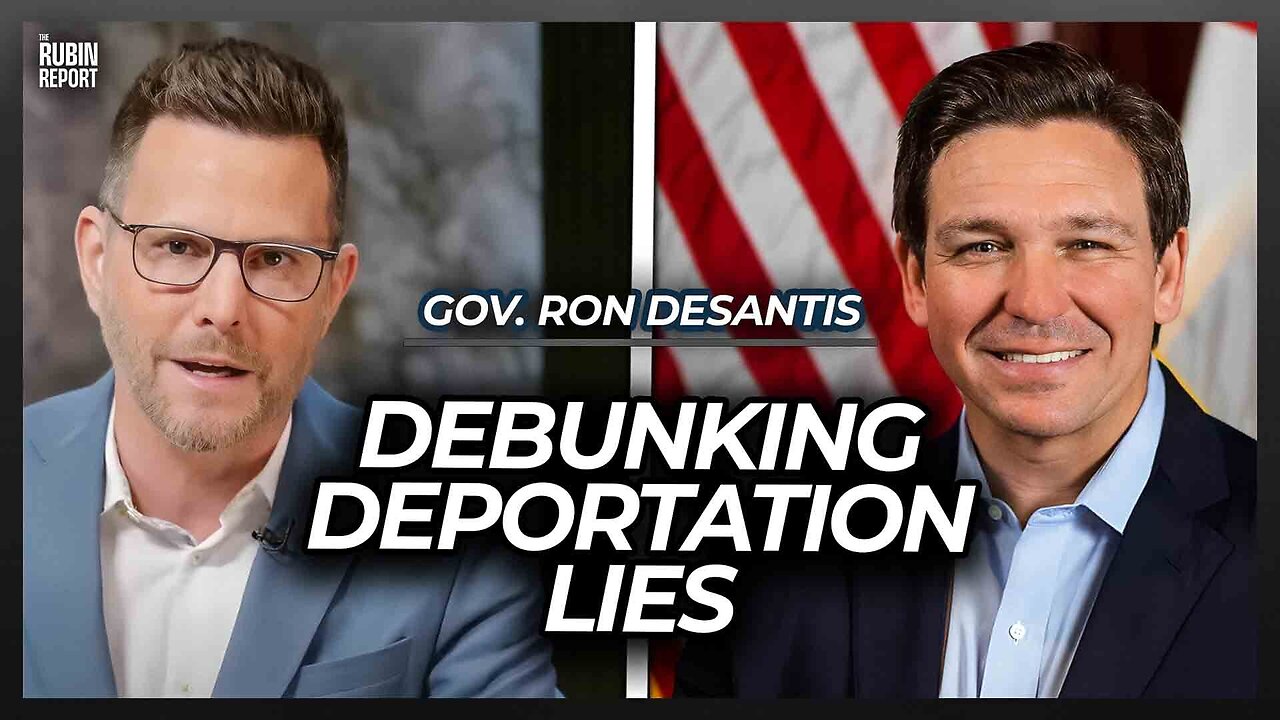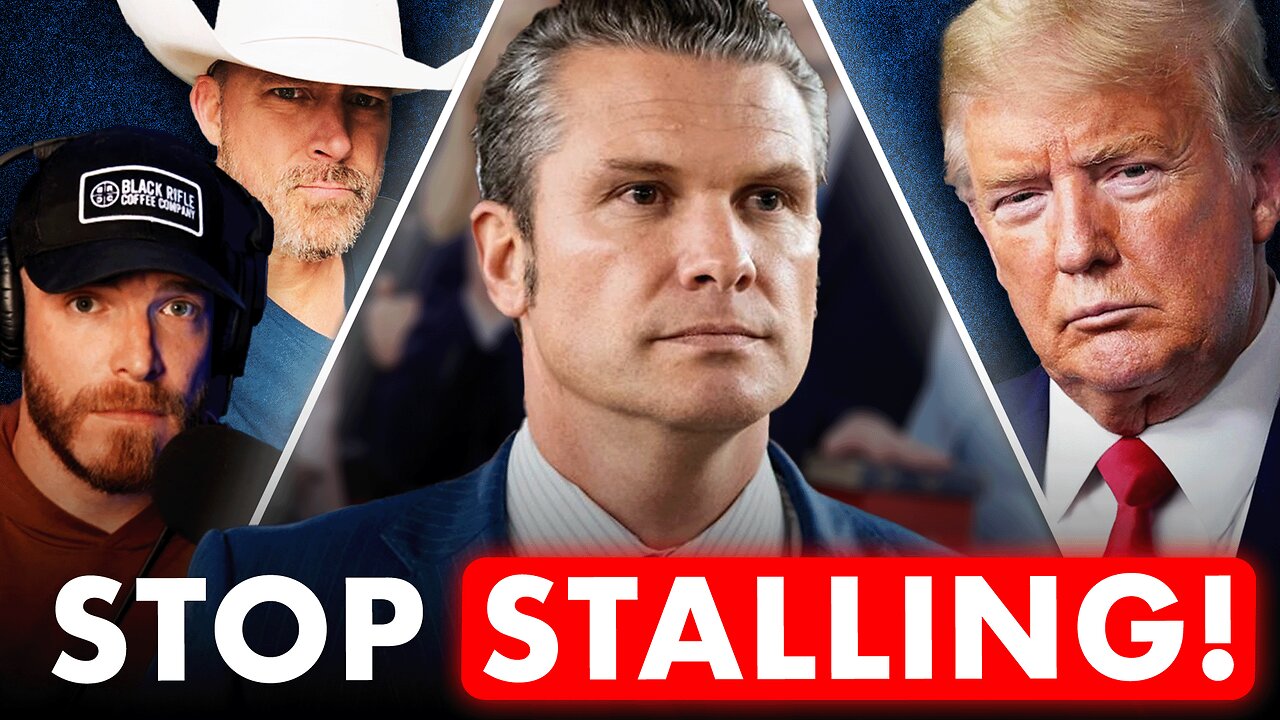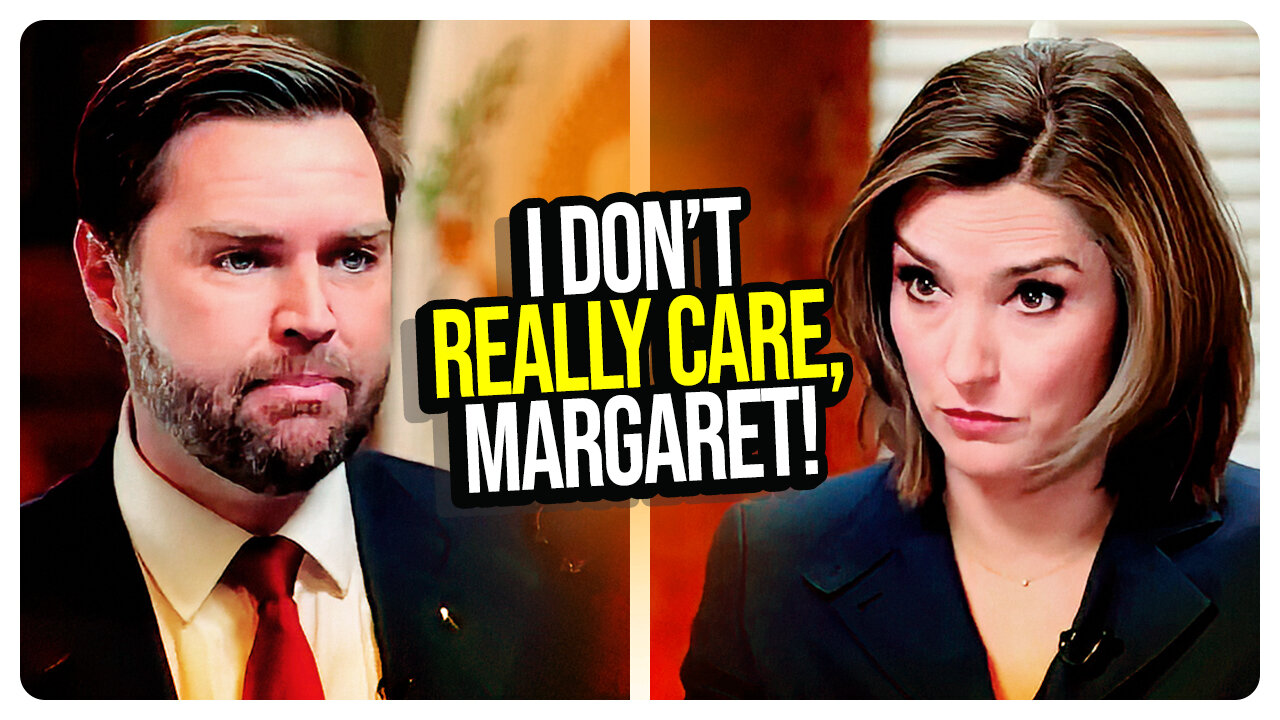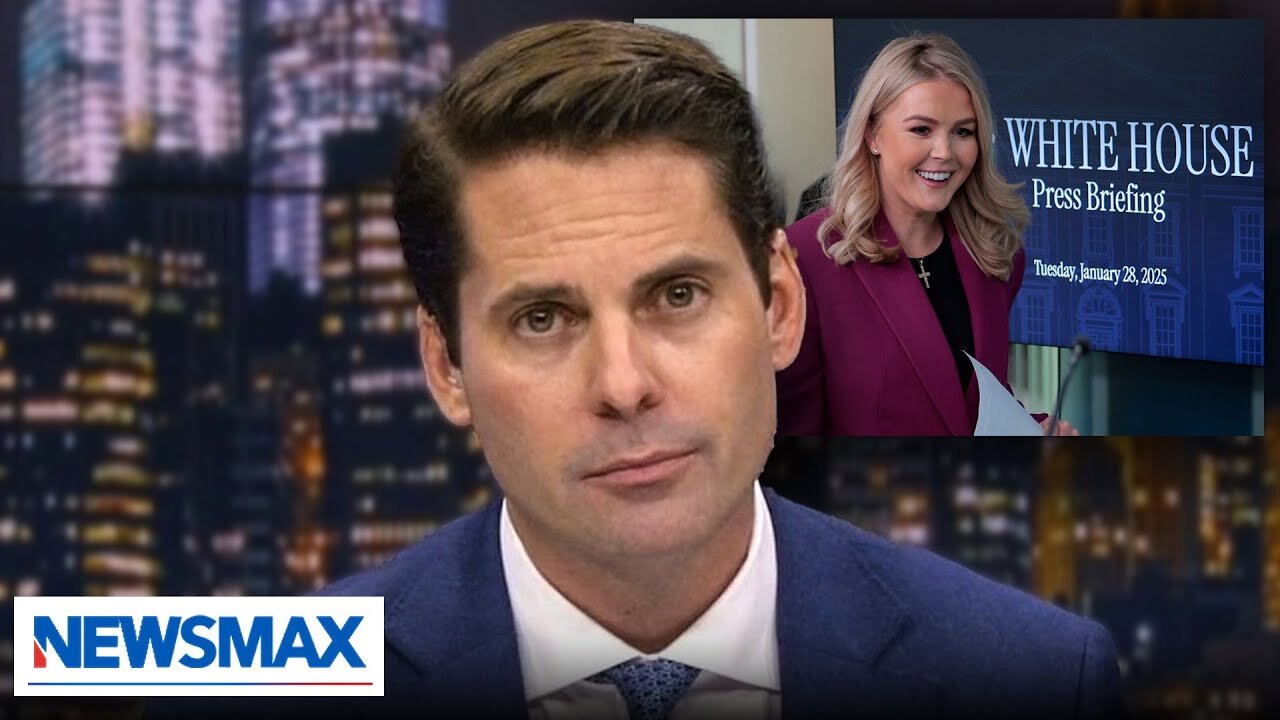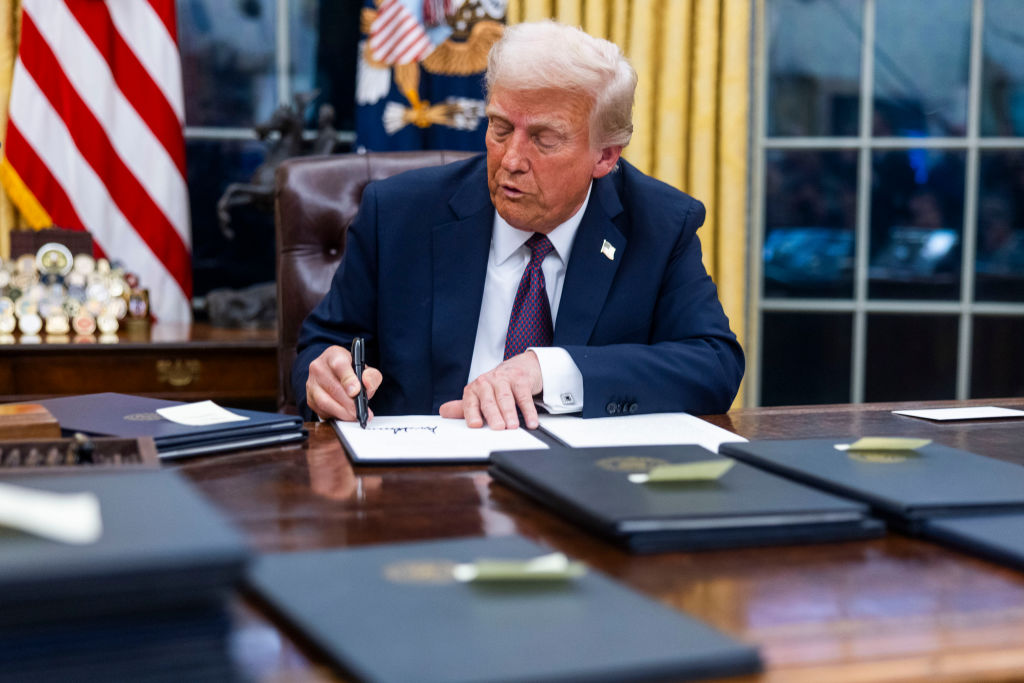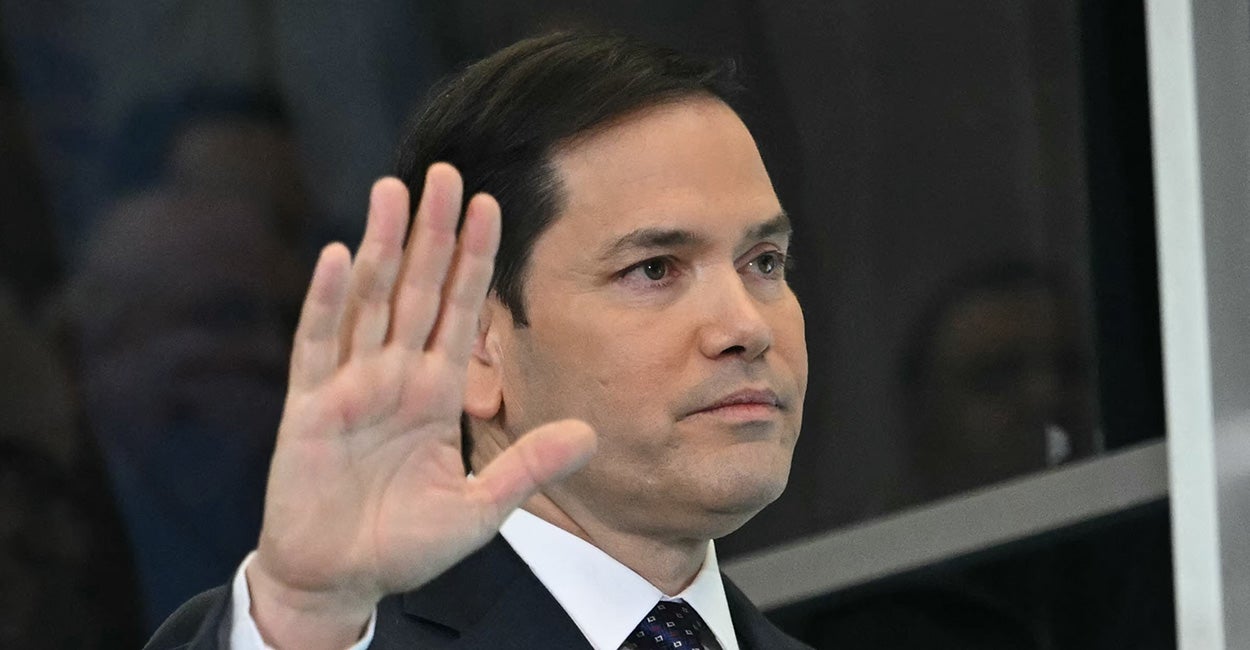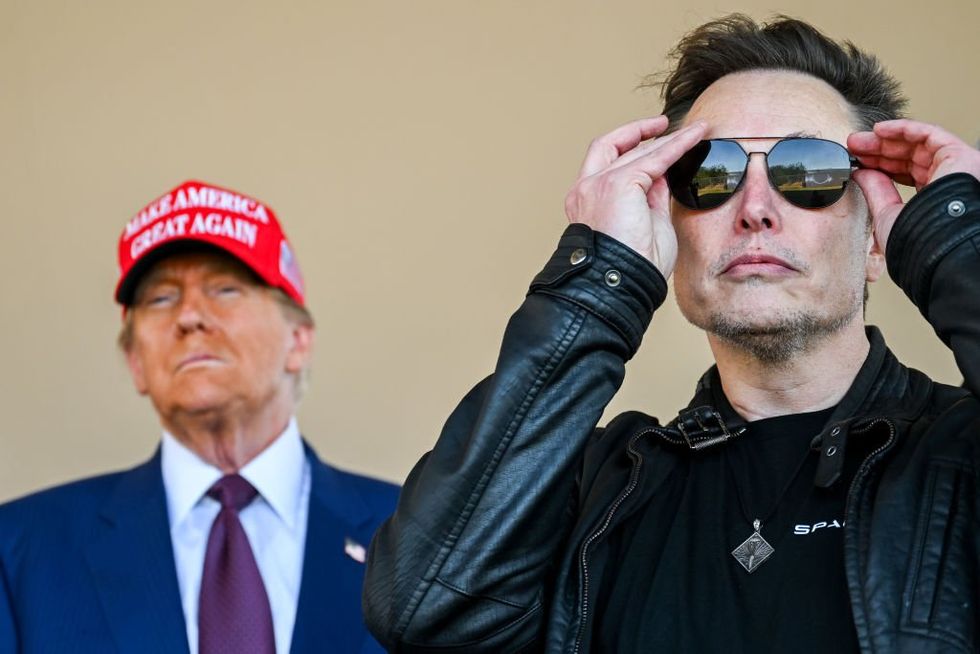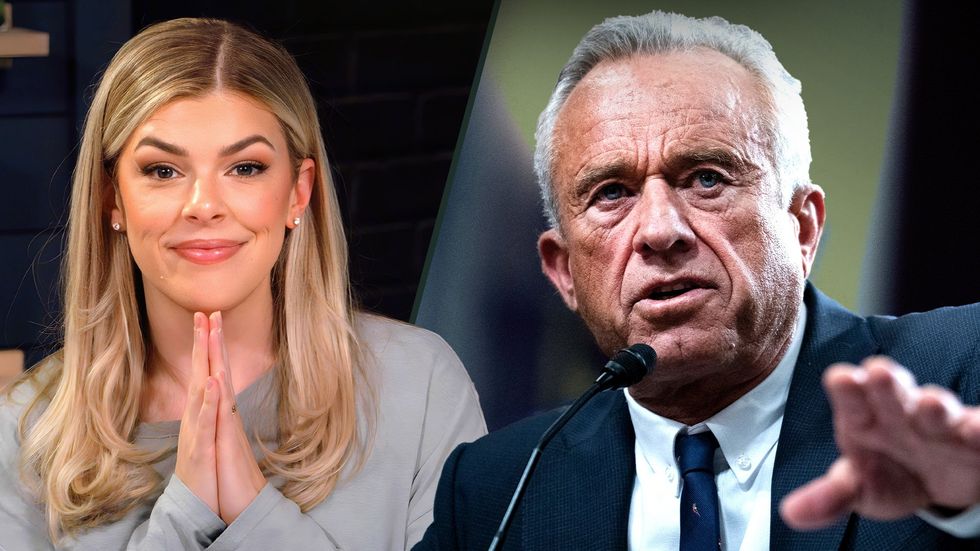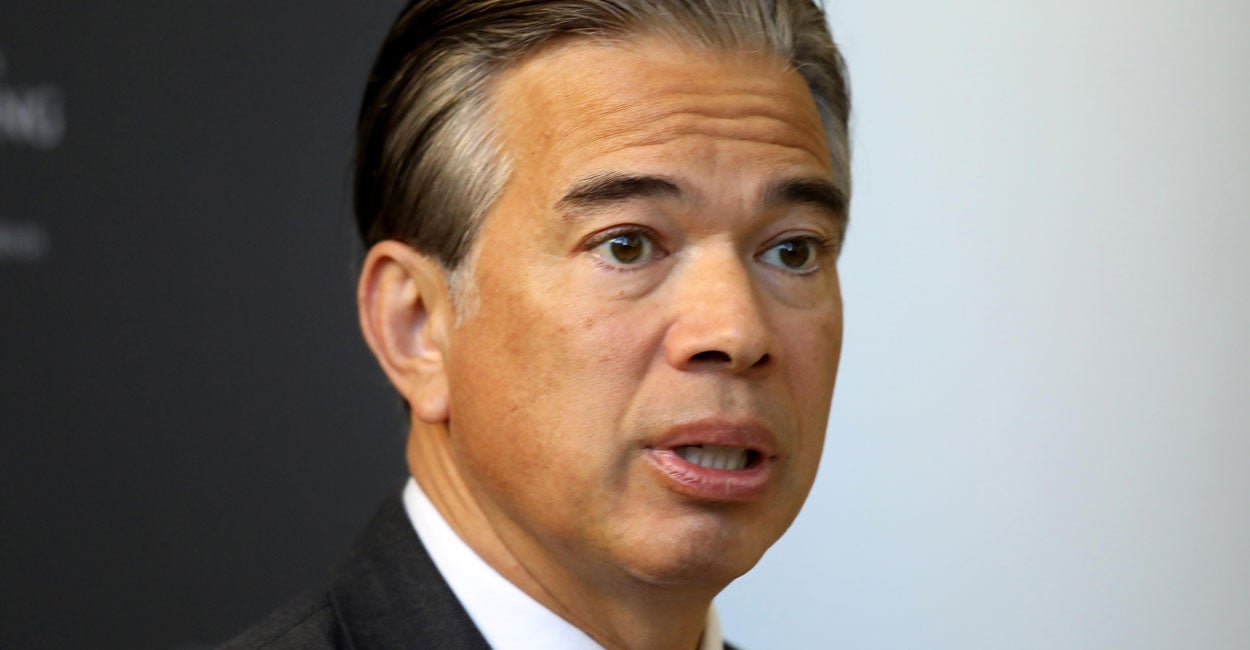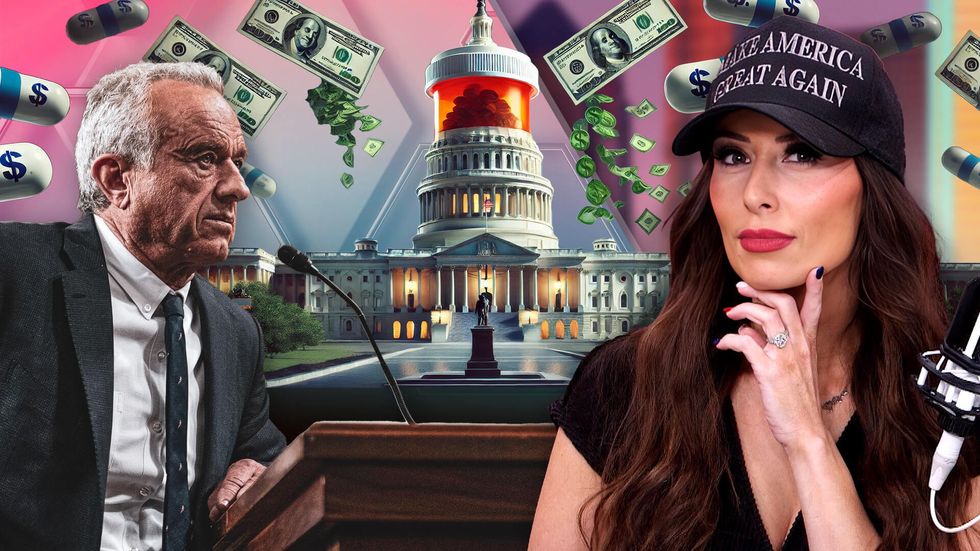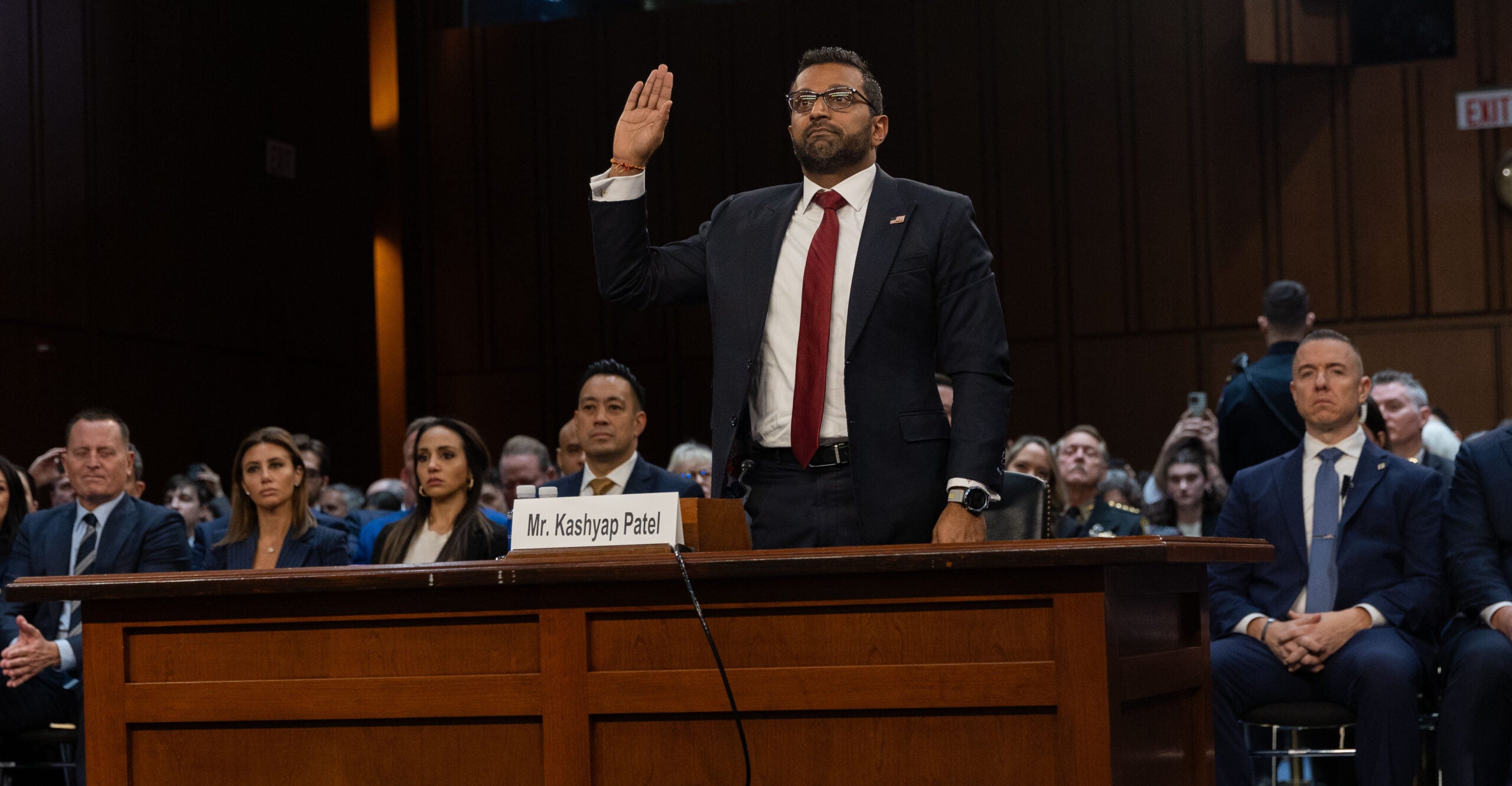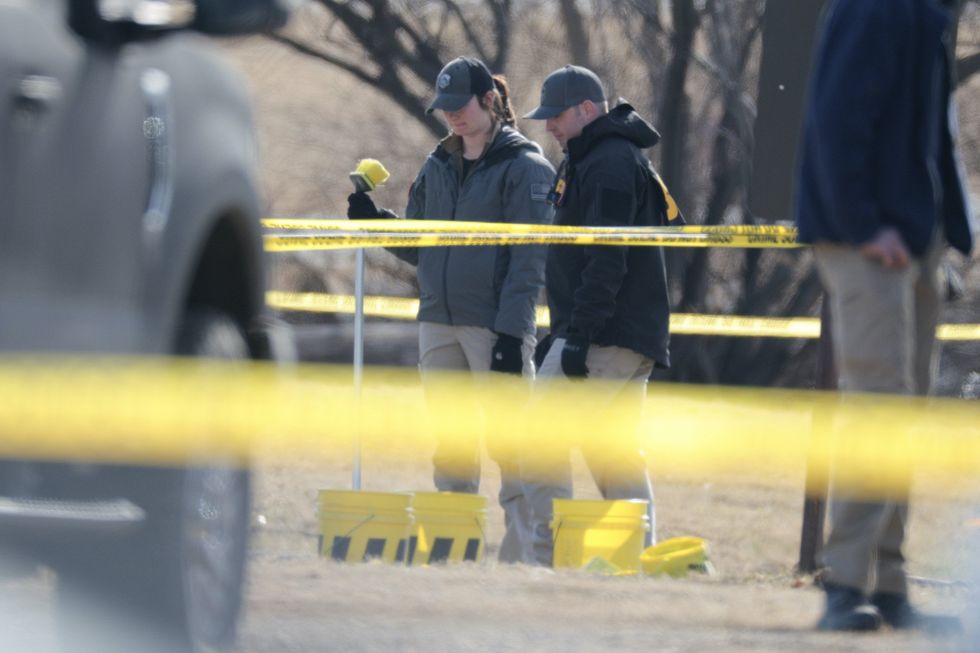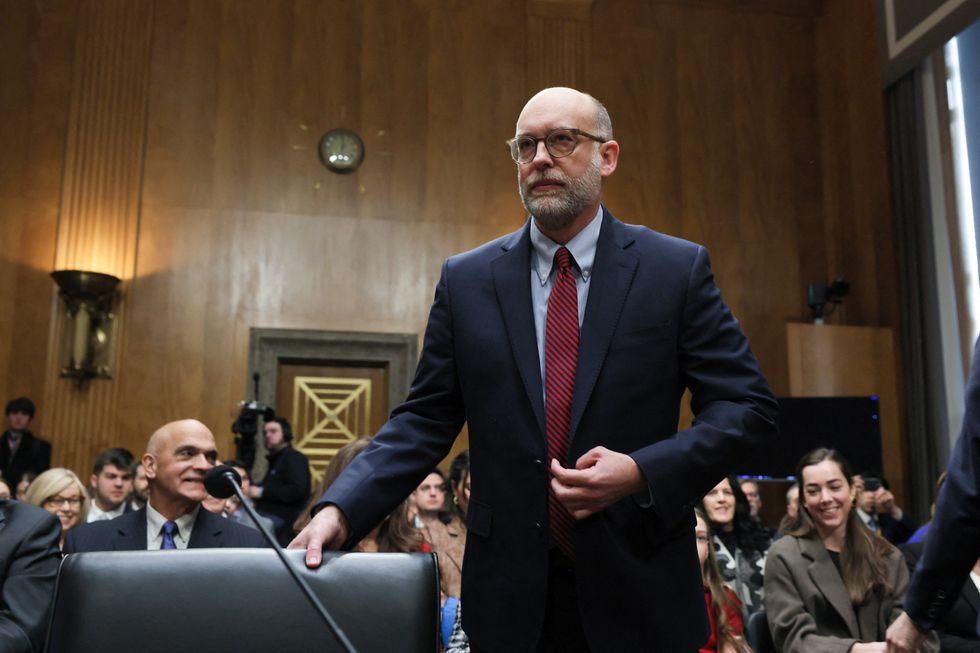Why it's meaningless to blame 'climate change' for the LA wildfires
In a prior article, I made the case for why evolutionary theory, simply put, is fake. Specifically, I said that mankind is outside the jurisdiction of the mechanism we call natural selection, due to humanity’s ability to exercise free will and transform the environment according to its will.However, if you do indeed happen to be a believer in evolutionary theory, then my question for you is: How do you reconcile that with climate change?Early park managers, tasked with maintaining Yellowstone’s 'pristine' state, made decisions based on limited ecological knowledge.Aren’t humans part of nature?Therefore, aren’t they subject to the same physical and biological laws as any other species?And if natural selection is the mechanism through which life adapts and evolves, then human activity must also be viewed as an extension of this process, right?The anthropogenic paradoxThis raises an intriguing paradox: If human intervention in ecosystems — whether through agriculture, industrialization, or urbanization — is a natural extension of evolutionary processes, then isn’t climate change also a natural extension of the evolutionary process?So what’s with the apocalyptic rhetoric from the left-wing environmentalists?Are humans just animals as they say? Or are we something more?Why do the environmentalists make a big fuss about climate change if the destinies of every other species and ecosystem are playing out the way the theory of evolution says they will?I bring this up because the climate change discussion is rearing its head again as a result of the wildfires blazing through Los Angeles. It seems that every time there’s a natural disaster in the news cycle, man-made climate change is immediately identified as the culprit. Which then promptly becomes the pretext for passing or enforcing some kind of legislation to scale back our carbon footprint or lower our emissions.In other words: to lower our standard of living and increase our taxes.When 'conservation' destroysThis reminds me of a story. Allow me to share with you the case of the historic Yellowstone National Park.When President Theodore Roosevelt visited Yellowstone in 1903, he witnessed a vibrant ecosystem teeming with elk, bison, bears, wolves, and other wildlife. Within a decade, however, this dynamic biodiversity began to disappear — thanks to misguided conservation policies. Early park managers, tasked with maintaining Yellowstone’s "pristine" state, made decisions based on limited ecological knowledge. For instance, fearing the extinction of elk, they aggressively culled predators like wolves and restricted Indigenous peoples from hunting on lands they had sustainably managed for generations. These interventions, though well-intentioned, set off a cascade of ecological disruptions.The unchecked growth of elk populations led to overgrazing, which decimated trees essential for beavers to construct dams. As beavers disappeared, so did their critical role in water management, causing meadows to dry up, trout and otter populations to dwindle, and soil erosion to escalate. Subsequent efforts to control the burgeoning elk numbers by mass culling failed to restore the damaged ecology, and the original balance of flora and fauna was lost.Over time, it became evident that Indigenous hunting practices had historically maintained a delicate ecological balance. The idealized notion of "untouched wilderness," once held by European settlers, gave way to the understanding that Native Americans had long shaped these landscapes — burning plains grasses, managing forests, and regulating animal populations. Their exclusion from Yellowstone was recognized, in hindsight, as a mistake.Yet, this error was merely one among many in the park’s management history. Policies protecting certain species, like grizzlies, were later reversed. Wolves, exterminated early on, were reintroduced decades later. Fire suppression policies ignored the regenerative role of natural fires, leading to catastrophic blazes when fire management strategies changed. Even the introduction of rainbow trout in the 1970s devastated native cutthroat trout populations. Each intervention triggered unforeseen consequences, requiring further corrective actions, often with equally damaging outcomes.The failure of fundamentalismThe point of this mini history lesson is to say that “climate change,” more often than not, is a result of horrible management by bureaucrats and political actors. When environmentalists and political actors seek to pursue some shiny new “green” policy, their actions almost always end up destabilizing the ecosystem. What these climate change fundamentalists fail to understand is that every intervention in an ecosystem triggers a cascade of changes. They oversimplify the problem, seeking universal solutions for issues that are deeply contextual.This pattern underscores a critical lesson: Environmental conservation is complex.Direct interventions often reveal the limits of human understanding. P
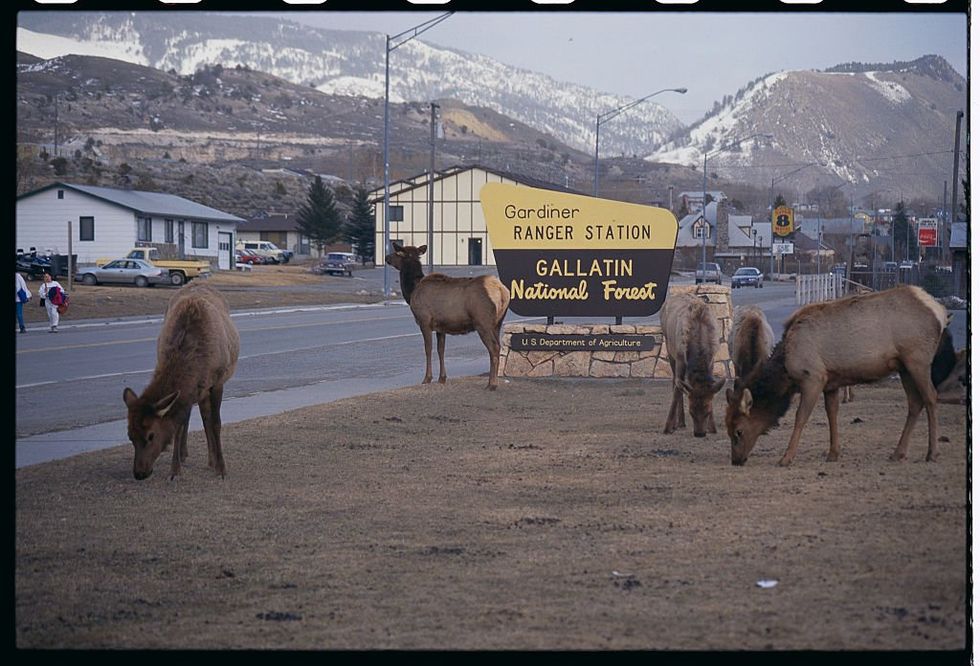

In a prior article, I made the case for why evolutionary theory, simply put, is fake. Specifically, I said that mankind is outside the jurisdiction of the mechanism we call natural selection, due to humanity’s ability to exercise free will and transform the environment according to its will.
However, if you do indeed happen to be a believer in evolutionary theory, then my question for you is: How do you reconcile that with climate change?
Early park managers, tasked with maintaining Yellowstone’s 'pristine' state, made decisions based on limited ecological knowledge.
Aren’t humans part of nature?
Therefore, aren’t they subject to the same physical and biological laws as any other species?
And if natural selection is the mechanism through which life adapts and evolves, then human activity must also be viewed as an extension of this process, right?
The anthropogenic paradox
This raises an intriguing paradox: If human intervention in ecosystems — whether through agriculture, industrialization, or urbanization — is a natural extension of evolutionary processes, then isn’t climate change also a natural extension of the evolutionary process?
So what’s with the apocalyptic rhetoric from the left-wing environmentalists?
Are humans just animals as they say? Or are we something more?
Why do the environmentalists make a big fuss about climate change if the destinies of every other species and ecosystem are playing out the way the theory of evolution says they will?
I bring this up because the climate change discussion is rearing its head again as a result of the wildfires blazing through Los Angeles.
It seems that every time there’s a natural disaster in the news cycle, man-made climate change is immediately identified as the culprit. Which then promptly becomes the pretext for passing or enforcing some kind of legislation to scale back our carbon footprint or lower our emissions.
In other words: to lower our standard of living and increase our taxes.
When 'conservation' destroys
This reminds me of a story. Allow me to share with you the case of the historic Yellowstone National Park.
When President Theodore Roosevelt visited Yellowstone in 1903, he witnessed a vibrant ecosystem teeming with elk, bison, bears, wolves, and other wildlife.
Within a decade, however, this dynamic biodiversity began to disappear — thanks to misguided conservation policies.
Early park managers, tasked with maintaining Yellowstone’s "pristine" state, made decisions based on limited ecological knowledge. For instance, fearing the extinction of elk, they aggressively culled predators like wolves and restricted Indigenous peoples from hunting on lands they had sustainably managed for generations. These interventions, though well-intentioned, set off a cascade of ecological disruptions.
The unchecked growth of elk populations led to overgrazing, which decimated trees essential for beavers to construct dams. As beavers disappeared, so did their critical role in water management, causing meadows to dry up, trout and otter populations to dwindle, and soil erosion to escalate.
Subsequent efforts to control the burgeoning elk numbers by mass culling failed to restore the damaged ecology, and the original balance of flora and fauna was lost.
Over time, it became evident that Indigenous hunting practices had historically maintained a delicate ecological balance. The idealized notion of "untouched wilderness," once held by European settlers, gave way to the understanding that Native Americans had long shaped these landscapes — burning plains grasses, managing forests, and regulating animal populations. Their exclusion from Yellowstone was recognized, in hindsight, as a mistake.
Yet, this error was merely one among many in the park’s management history. Policies protecting certain species, like grizzlies, were later reversed. Wolves, exterminated early on, were reintroduced decades later.
Fire suppression policies ignored the regenerative role of natural fires, leading to catastrophic blazes when fire management strategies changed.
Even the introduction of rainbow trout in the 1970s devastated native cutthroat trout populations.
Each intervention triggered unforeseen consequences, requiring further corrective actions, often with equally damaging outcomes.
The failure of fundamentalism
The point of this mini history lesson is to say that “climate change,” more often than not, is a result of horrible management by bureaucrats and political actors.
When environmentalists and political actors seek to pursue some shiny new “green” policy, their actions almost always end up destabilizing the ecosystem. What these climate change fundamentalists fail to understand is that every intervention in an ecosystem triggers a cascade of changes. They oversimplify the problem, seeking universal solutions for issues that are deeply contextual.
This pattern underscores a critical lesson: Environmental conservation is complex.
Direct interventions often reveal the limits of human understanding. Passive protection — simply leaving nature alone — has also proven insufficient. Ecosystems are dynamic, constantly evolving as species rise, fall, and adapt. Preserving a specific ecological state requires the understanding that every action carries trade-offs, benefiting some species while harming others.
For instance, blanket strategies like reducing carbon emissions fail to account for the unique ecological and economic dynamics of individual regions.
In some cases, interventions aimed at mitigating climate change — such as large-scale reforestation projects — have disrupted local ecosystems, displacing species and communities.
Solar farms and wind turbines, hailed as clean energy solutions, have displaced wildlife and altered habitats. Similarly, the rush to replace gasoline vehicles with electric ones has created new environmental challenges, such as the extraction of rare earth metals for batteries.
A philosophical divide
These unintended consequences mirror the missteps of Yellowstone’s early managers, who sought to preserve nature without understanding its intricacies. So while the goal of reducing carbon footprints sounds nice in theory, the methods used to achieve it often vastly overlook the complexity of ecosystems.
Moreover, the debate over climate change reveals a deeper philosophical divide: whether humanity sees itself as separate from or integral to nature. If we accept that human activity is part of the evolutionary process, then the distinction between “natural” and “unnatural” collapses, along with any moral imperative to restrain our activities.
As I just demonstrated, ecosystems are never static. They are in constant flux, shaped by forces both internal and external.
If human activity — whether farming, industrialization, or even climate change — is part of this ongoing flux, then it must also be considered a natural phenomenon within the framework of evolution. Under this view, anthropogenic climate change is not an aberration but a manifestation of humanity’s role as a dominant species shaping the environment.
After all, we’re just carbon-based monkeys who are trying to compete with the rest of the world to get by, right?
But if we reject the idea that human activity is part of the evolutionary process, then we naturally assume a higher moral standard and responsibility.
The human factor
In my view, ecosystems are not governed by a single guiding principle like “survival of the fittest.” Rather, they are intricate networks where species interact in ways that defy simple categorization.
Human beings, as conscious agents, have introduced an unpredictable variable: the ability to act with intention and foresight. Unlike other species, which adapt reactively to their environments, humans shape their surroundings deliberately.
This capacity for deliberate action is both our greatest strength and our greatest challenge. It allows us to build cities, grow food, and harness energy, but it also places us in the precarious position of being the only species capable of mismanaging our systems to the point of destruction (see: L.A. wildfires).
In short, the interplay between evolution, human intervention, and climate change reveals the inadequacy of the simplistic narratives we’re being fed.
Both evolutionary theory and conservation efforts must evolve to account for the complexity of human agency. We must accept, just as Yellowstone’s managers learned, that there is no perfect formula for preserving ecosystems.
Instead, we must embrace a mindset of adaptive management, one that respects local contexts and prioritizes long-term sustainability. By doing so, we can navigate the paradox of being both a product and a shaper of nature, ensuring that our interventions contribute to the flourishing of life rather than its demise.
Originally Published at Daily Wire, World Net Daily, or The Blaze
What's Your Reaction?


















